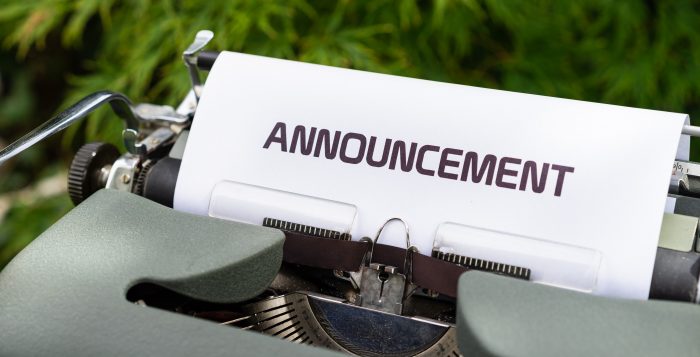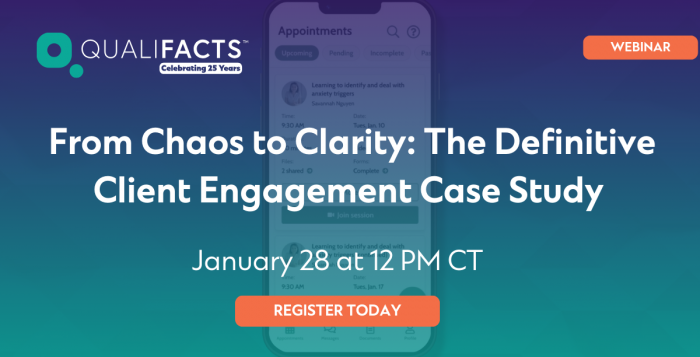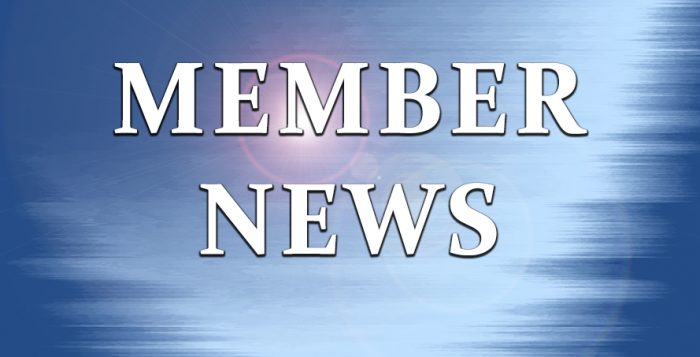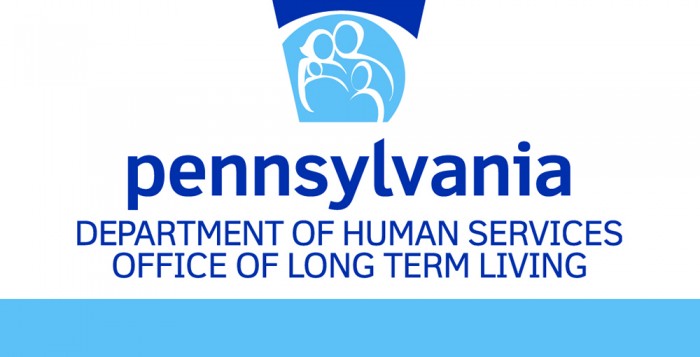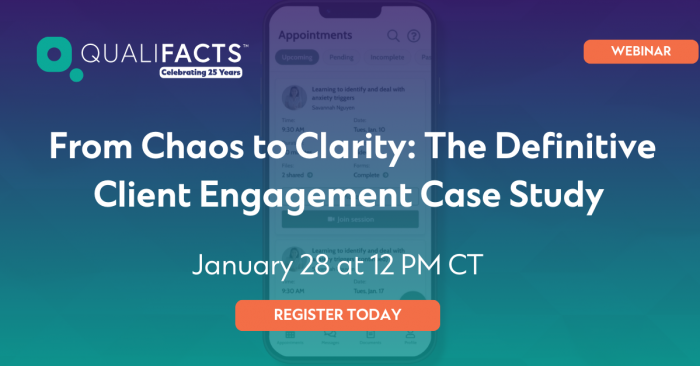RCPA Member Venango Training & Development Center, Inc. Appoints Joanne McGuire as Chief Program Officer for IDD
 The Venango Training & Development Center, Inc. is pleased to announce that Joanne McGuire has been appointed Chief Program Officer for Intellectual and Developmental Disabilities (IDD).
The Venango Training & Development Center, Inc. is pleased to announce that Joanne McGuire has been appointed Chief Program Officer for Intellectual and Developmental Disabilities (IDD).
With over 20 years of experience in both direct care and management within the special needs field, Joanne brings a broad range of professional and programmatic expertise to her new role. After spending 14 years as a co-owner and program operator of an IDD residential program, she joined VTDC in 2022.
As a testament to her dedication to the individuals VTDC serves, Joanne chose to return to her roots in direct care, beginning her tenure at VTDC as a Community Employment Program Specialist. In this role, she supported individuals with intellectual, mental health, and physical disabilities in obtaining competitive employment through personalized coaching supports.
VTDC quickly recognized Joanne’s strengths and leadership abilities. Over the past four years, she advanced through several supervisory positions that capitalized on her organizational, programmatic, and administrative skills.
In response to the evolving landscape of the human services field, VTDC recently reorganized to enhance support for its IDD and employment programs. As part of this initiative, the position of IDD Chief Program Officer was created within the Executive Management Team.
VTDC is excited to welcome Joanne into this leadership role and looks forward to her continued collaboration with the community to ensure high-quality programming, stability, and growth.









